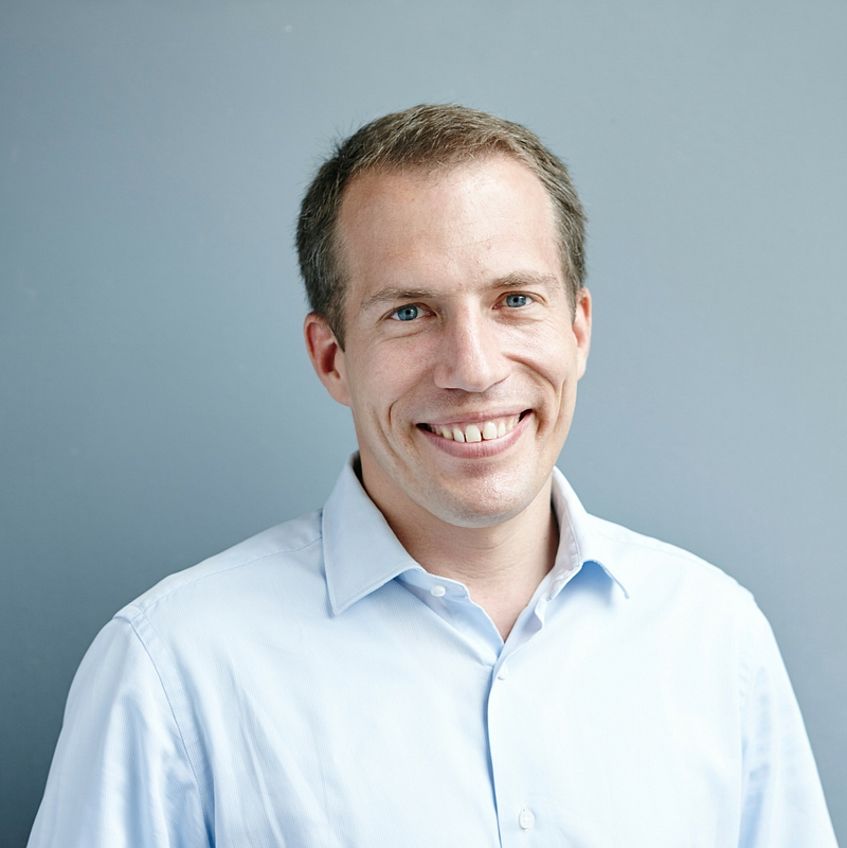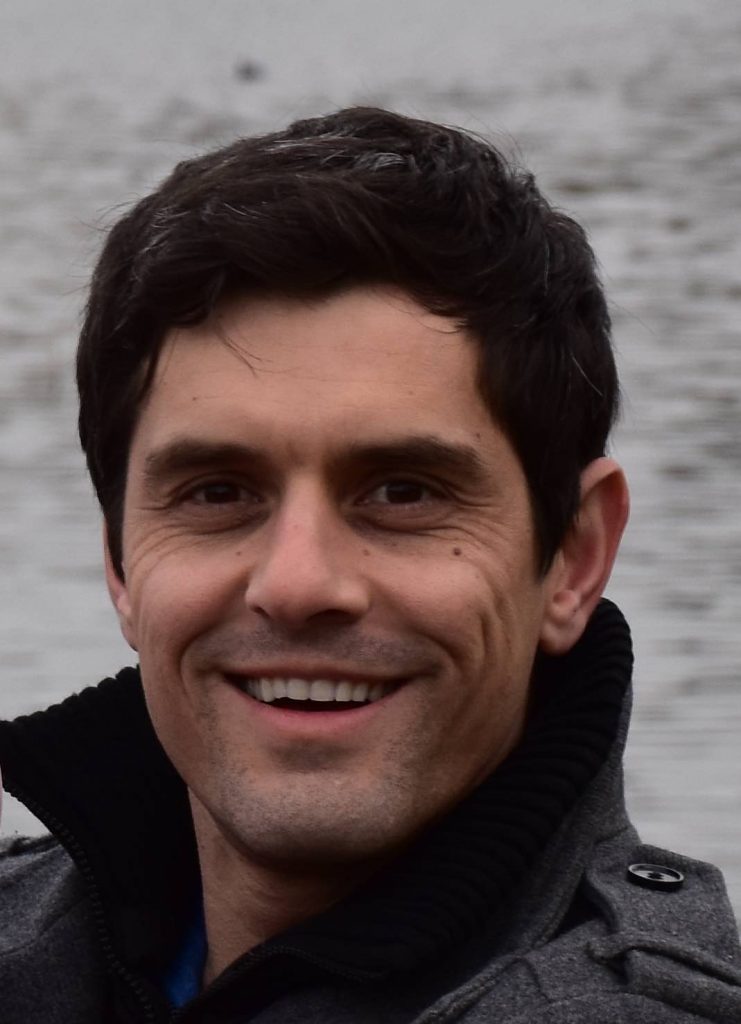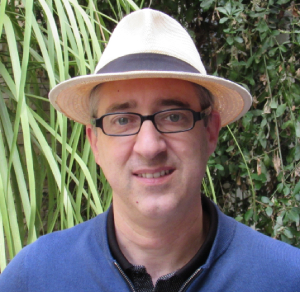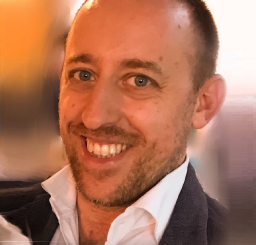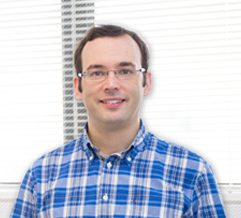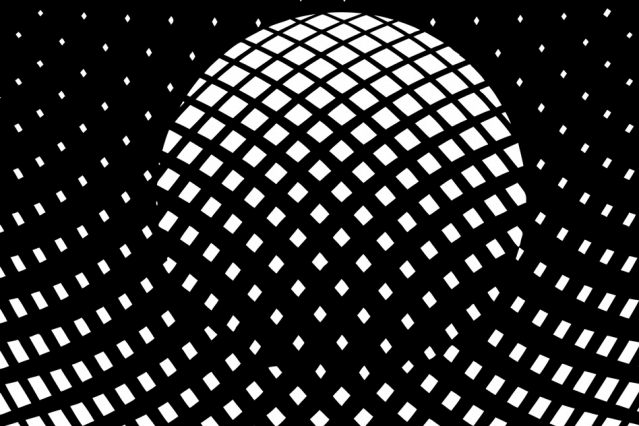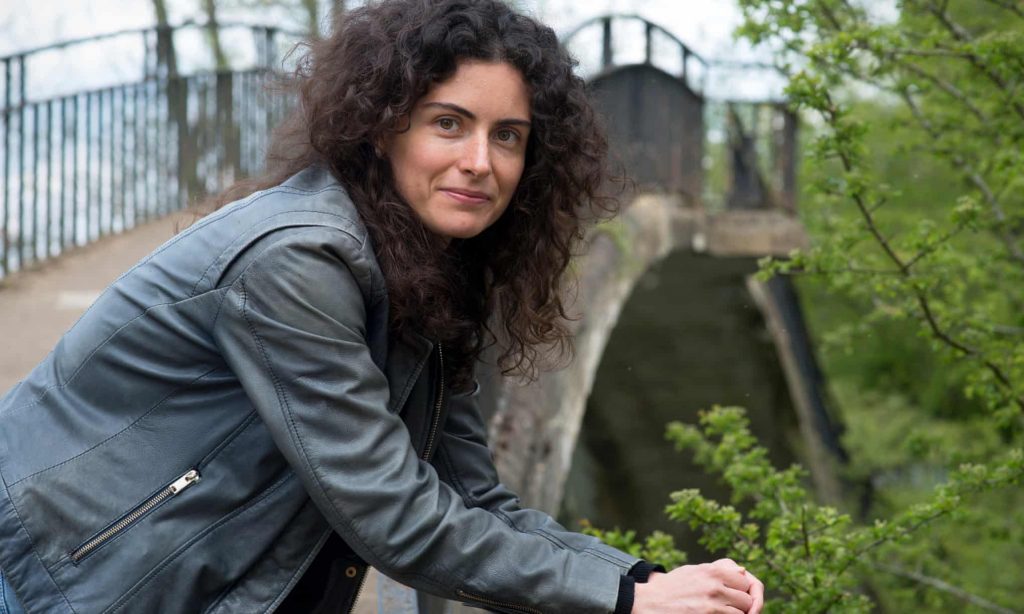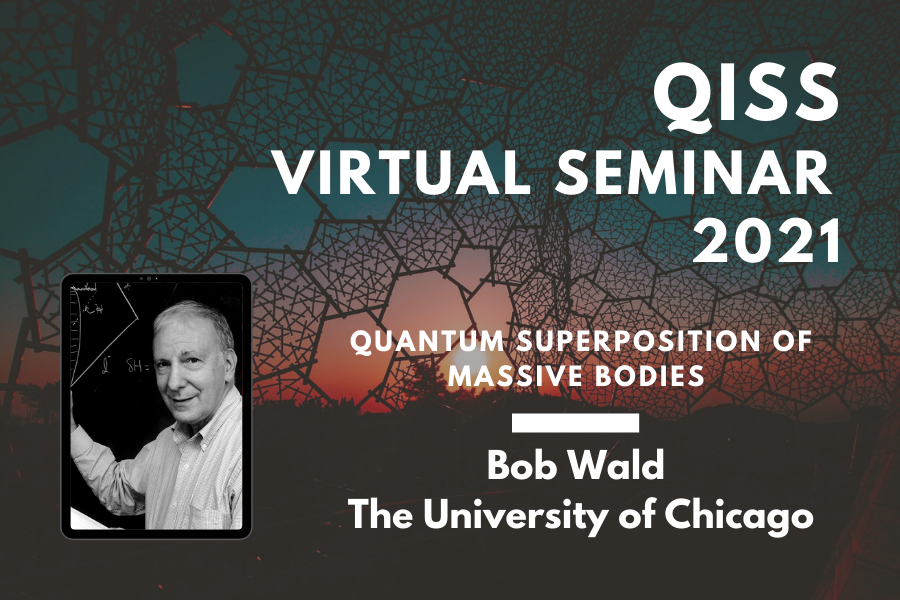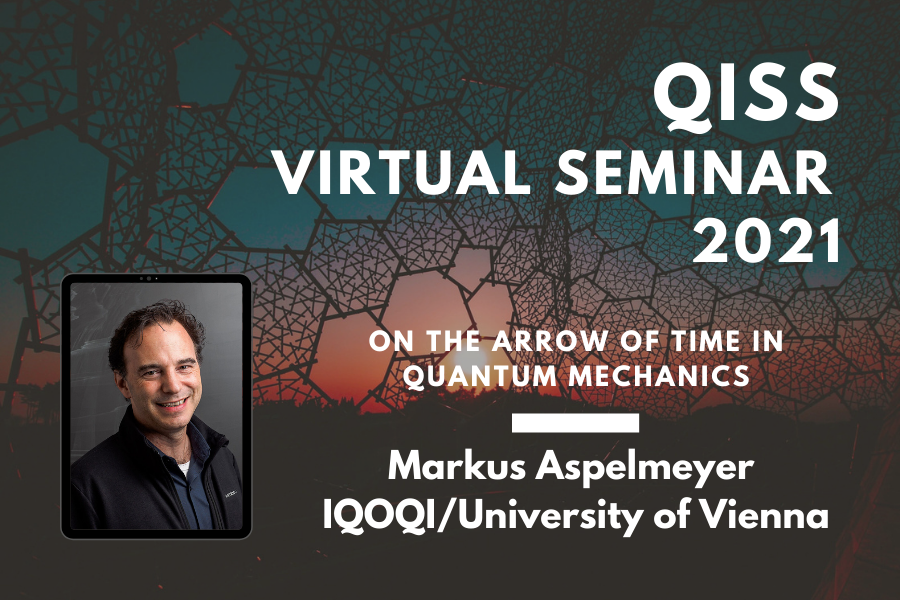We analyse a gedankenexperiment previously considered by Mari et al. that involves quantum superpositions of charged and/or massive bodies (“particles”) under the control of the observers, Alice and Bob. In the electromagnetic case, we show that the quantization of electromagnetic radiation (which causes decoherence of Alice’s particle) and vacuum fluctuations of the electromagnetic field (which limits Bob’s ability to localize his particle to better than a charge-radius) both are essential for avoiding apparent paradoxes with causality and complementarity. We then analyze the gravitational version of this gedankenexperiment. We show that the analysis of the gravitational case is in complete parallel with the electromagnetic case provided that gravitational radiation is quantized and that vacuum fluctuations limit the localization of a particle to no better than a Planck length. This provides support for the view that (linearized) gravity should have a quantum field description.

